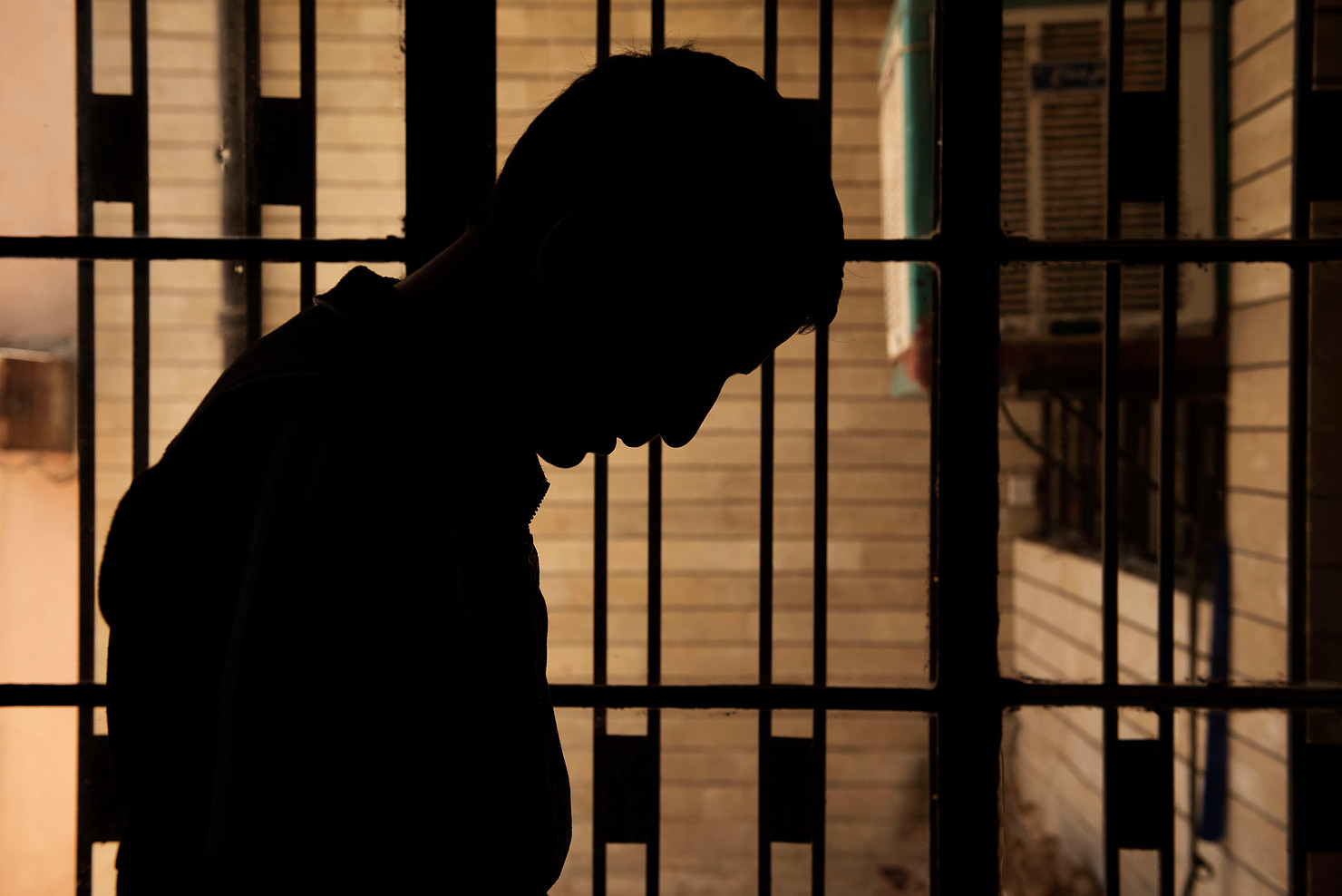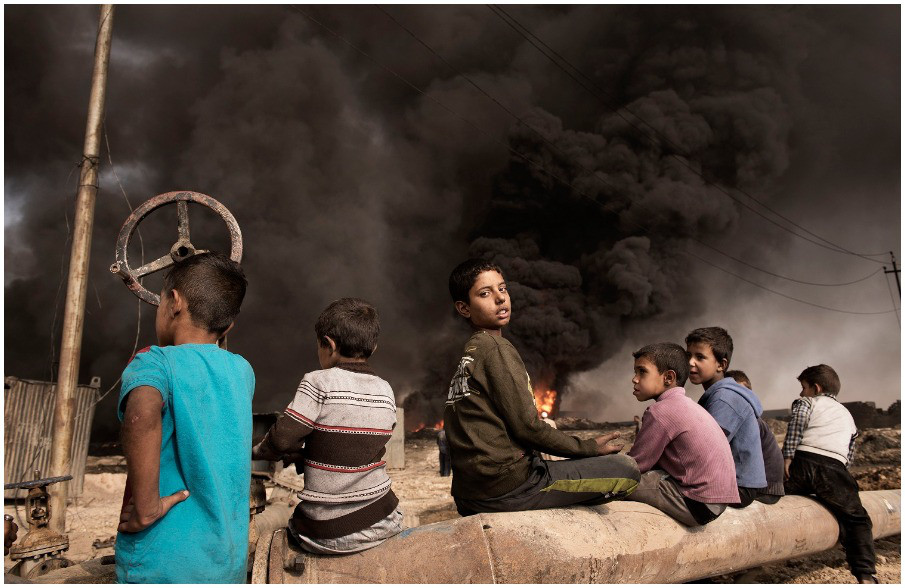Isis, Tomorrow. The Lost Souls of Mosul Directed by Francesca Mannocchi, Alessio Romenzi
Isis, Tomorrow. The Lost Souls of Mosul
Director: Francesca Mannocchi, Alessio Romenzi
Year: 2018
Country: Italy
Author Review: Roberto Matteucci
Click Here for Italian Version
"Their destiny is unknown."
In 1944, in Italy, the war is over, the winners are the Americans, the British, the French, the Russians and their allies. Even some Italians won. They are the partisans; they fought in the cities occupied by the Nazis. Now they are the winners but previously they have suffered terrifying persecution and torment.
In the first Italian government, the minister of justice was the communist Palmiro Togliatti. Together, with Prime Minister De Gasperi, wrote and signed a vast amnesty.
The motivations of immunity were the need for national pacification, and the consequences were:
"... in practice almost all fascists were released, even those responsible for the most abject crimes ..." and "... even all the torturers of the Republic of Salò ... " (1)
The directors Francesca Mannocchi, Alessio Romenzi presented at the 75th Venice International Film Festival Isis, Tomorrow. The Lost Souls of Mosul.
What reconciliation is possible after a bloody conflict? The movie does not talk about a historical past event but of a war to progress yet.
The Isis or Islamic State declare the caliphate in 2014 with Raqqa capital in Iraq. The same year they conquered Mosul, a city with about one and a half million inhabitants.
For the reconquer, it will be necessary to wait for July 9, 2017. The Iraqi army, with the Kurds and, above all, with the aviation and the American missiles, returned to Mosul's possession. About forty thousand people died for massacres, violence and torture .
The end of every war poses a problem: winners and losers change their role. Now the executioners of Isis are the defeats and the object of revenge.
The director Alessio Romenzi has an intellectual thought:
"... in the post-war period one would expect a state to take care of the defeated or winning population ..." (1)
The documentary begins in January 2018; Isis has fallen six months before.
In Mosul, there are only ruins and death. The hard situation is evident in the first scene. Many boys, enterprising and athletic, dig up and rummage in the destroyed houses. They want to recover something to sell, mainly air conditioners.
After a historical perspective and evaluate the social aspects, the directors begin a series of interviews. Back to the wall, they look, as always on these occasions, directly to the camera.
They are the children of Isis. Their parents, the elder brothers have afflicted and executed many people. They knew but never defended and protected the victims. They got the benefits while the families of the losers only suffered grief and mourning.
All the manly witnesses say it honestly, they are so indifferent to the deaths caused to say: "If the civilians had been useful to something God would have saved them"
They are in desperate conditions, living in refugee camps in separate sections, affected by reprisals and discrimination.
They are "the puppies of the caliphate": children and women. Living hidden does not help them. The authors analyse the personalities using the camera as a drill, entering the boys with the close-up and many extreme close-up.
In the opposite are the soldiers and victims of the dash: "How many souls have been lost for the cruelty of Isis."
In both group there is suffering, everyone has had terrible anguishes. Nevertheless, it is not the first time and certainly not even the last one; Francesca Mannocchi:
"... the importance you have of children has been given in Nazism, in the fascists, but I think also in Pol Pot in Cambodia children are the bricks of the future, the arsenal of terrorism ..." (2)
The kids often appear, they are in the middle of the bombs with the white flag, or they speak of the families assassinated by Isis, venting the pain sadly: "I would have killed them if I could."
Then there are sons and daughters indoctrinated by Isis to the holy war, shot in the propaganda short film.
The film has a specific goal, Francesca Mannocchi: "... humanize the protagonists ..." (3) Therefore they made a movie with a structurally classic: many close-up, details, dirty feet, clogs, air shoot of a demolished Mosul, wide shot full of wreckage and lots of black smoke from fires. There are the battle sequences but those are used to show how brave, bold were the two directors to follow the troops, and how many dangers they faced.
The teaching arrives powerfully because the authors are volitional, they have determination, they have firmness and political virility like a Togliatti at the moment he promulgated the amnesty decree in 1946.
Antonio Gambino, Storia del dopoguerra – Dalla liberazione al potere Dc, vol II, Laterza, Roma, revised and enlarged edition 1978

